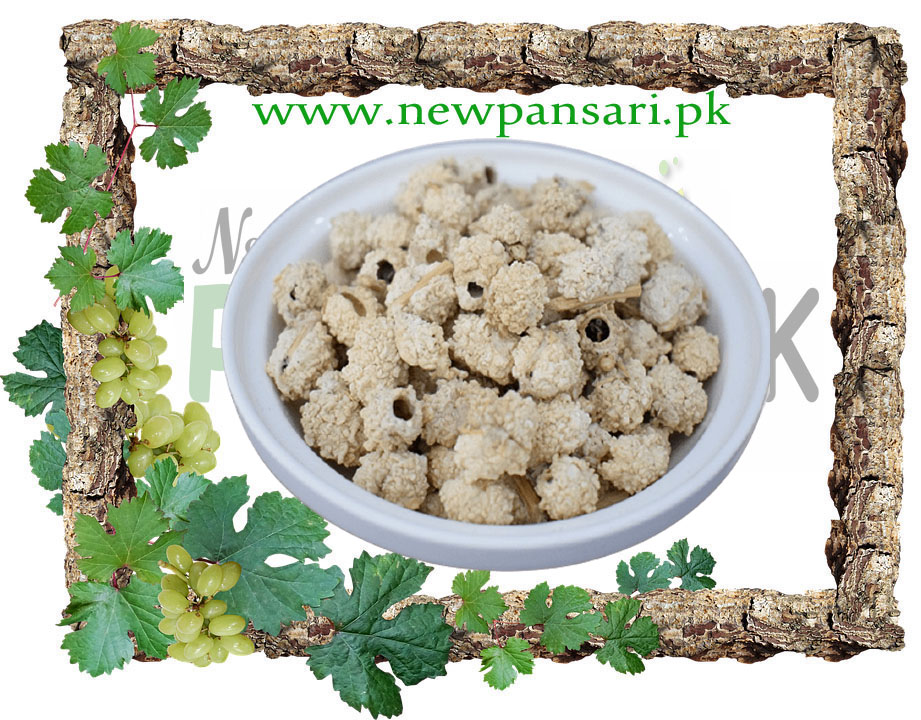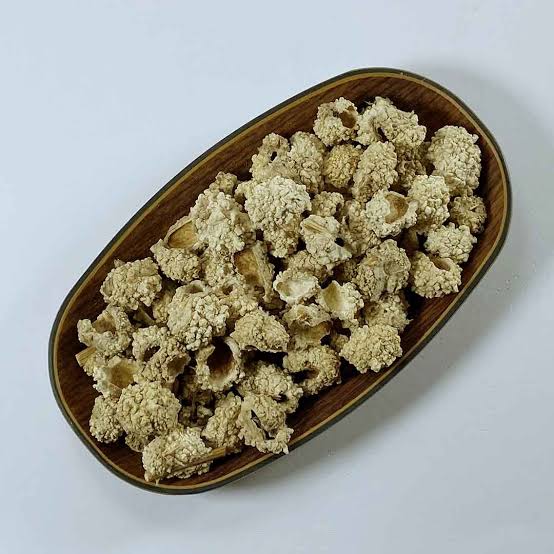INTRODUCTION:
Shakar tegal (or shakar tigal, shakkar tegal) refers to Trehala Manna, a traditional medicinal substance. It is a sweet, sugary secretion associated with certain insects, specifically scale insects, which produce it as a protective covering while feeding on plant sap. While sometimes referred to as an “herb” in traditional contexts, it is technically an animal-derived natural product. It is an exudate, not a part of the plant itself. The scientific name associated with discussions of this substance is often Ceriops tagal (Spurred Mangrove or Yellow Mangrove), a plant that grows in saline environments, though the manna itself is an insect product collected from such plants.

English: Trehala Manna
Arabic: Mann al-Trehala (منّ الترهلة)
Persian (Farsi): Trehaleh (ترهاله)
Turkish: Dağ mannası or Trehala mannası
Urdu: SHAKAR
Unani: Mann-e-Trehala
Greek: Manna
Latin: Manna Trehalae
French: Manna de Trehala
German: Trehala-Manna
HEALTH BENEFITS:

Antioxidant Properties:
Shakar tegal is rich in antioxidants, such as phenolic compounds (including caffeic, coumaric, and ferulic acids), flavonoids, carotenoids, and anthocyanins. These help to neutralize harmful free radicals, reducing oxidative stress and inflammation in the body.
Hepatoprotective Effects:
Research suggests that trehala manna may have liver-protecting (hepatoprotective) effects, potentially helping to protect the liver from certain toxins and improving liver function.
Respiratory Health:
In traditional medicine systems like Unani and Ayurveda, shakar tegal is used as an expectorant and cough suppressant to provide relief from coughs, colds, and chest congestion.
Immunomodulatory Effects:
The substance has been investigated for its potential to modulate the immune system, helping to balance its activity and strengthen the body’s defenses against infections.
Digestive Aid:
It is traditionally used as a mild laxative to help with digestion and prevent constipation, stimulating bowel movements and potentially supporting the growth of beneficial gut bacteria.
Anti-Diabetic Potential:
Some studies suggest that trehalose, the main sugar in shakar tegal, may have a role in regulating blood sugar levels and improving insulin sensitivity, potentially benefiting individuals with pre-diabetes by lowering postprandial glucose levels.
Neuroprotective Properties:
Preclinical studies indicate that trehalose may have neuroprotective effects by promoting autophagy (the body’s process of cleaning out damaged cells) and stabilizing proteins, which could be beneficial in models of neurodegenerative diseases.
Skin Health:
Its antioxidant and anti-inflammatory properties may contribute to healthier skin by fighting free radicals, supporting skin cell protection, and potentially aiding in wound healing.
SIDE EFFECTS:

High sugar content:
Can raise blood sugar levels.
Not suitable for diabetics or people with insulin resistance.
Digestive discomfort (rare):
Large amounts may cause gas, bloating, or mild diarrhea.
Allergic reaction (very rare):
Some people may have mild skin rashes or itching if sensitive to natural plant or insect products.
Overuse issues:
Taking too much may lead to stomach upset or nausea.
HOW TO USE:
As a natural sweetener:
Dissolve small pieces of Trehala Manna in warm water, milk, or tea.
It gives a mild, pleasant sweetness.
For coughs or sore throat:
Take a small piece (about 2–3 grams) and let it dissolve slowly in the mouth.
It soothes the throat and helps with dryness or irritation.
For general weakness or fatigue:
Mix it in warm milk or water and drink once a day.
It acts as a natural tonic and energy booster.
In Unani or traditional medicine:
Often used as an ingredient in herbal mixtures for respiratory, digestive, and tonic purposes.
Precautions
Use in small amounts only (1–3 grams at a time).
Not recommended for people with diabetes (since it contains natural sugar).
Always store in a cool, dry place.
If used for medical purposes, consult a qualified herbal or Unani practitioner.




